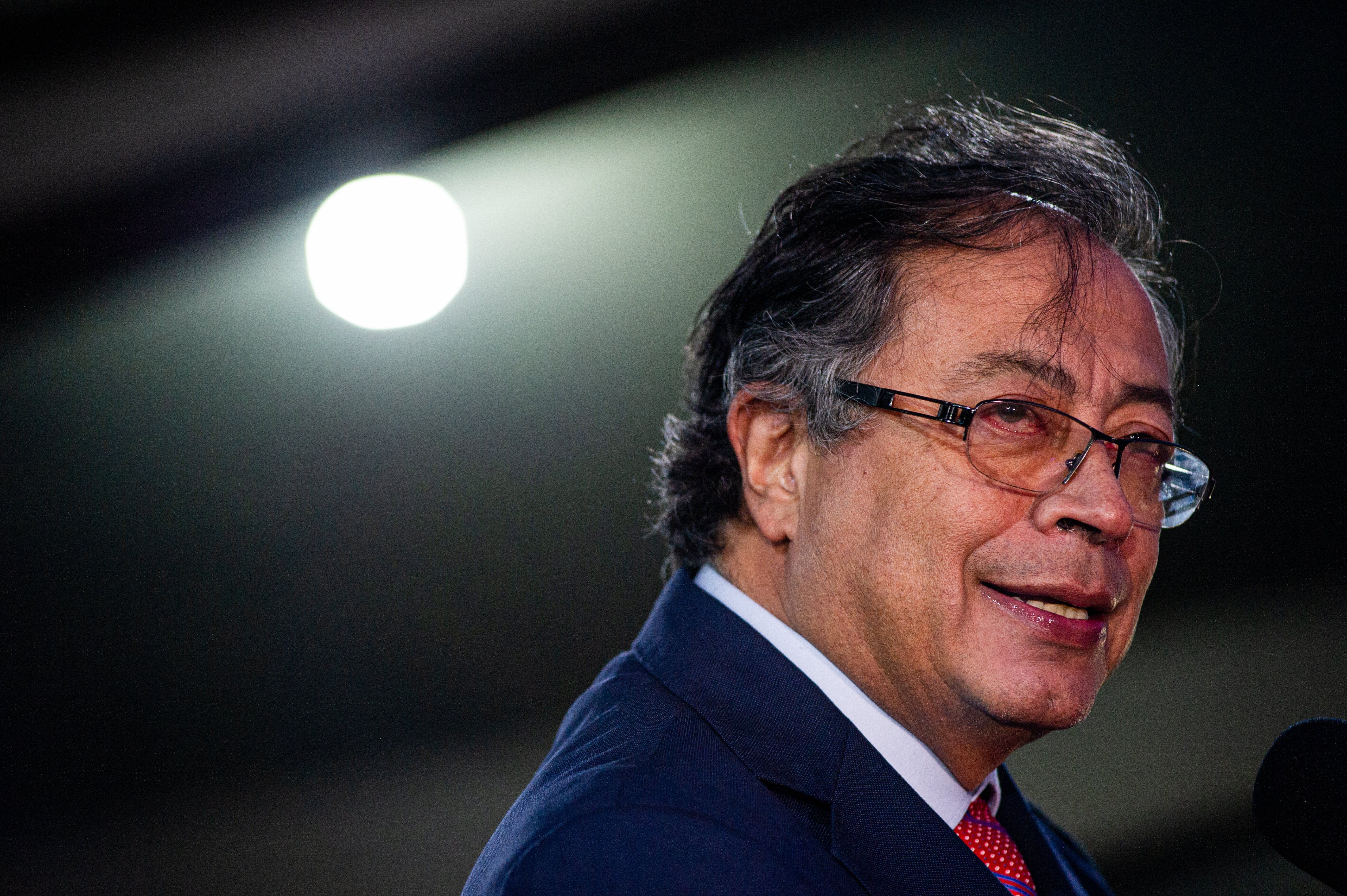The deepening war between Israel and Hamas could have security implications as far away as the Andes. In recent days, Israel announced it would cut exports of security technology to Colombia, after Colombian President Gustavo Petro likened Israel’s chokehold on the Gaza Strip to the Nazi concentration camp at Auschwitz.
For decades, Israel has been a close security partner for Colombia, helping the South American country as it grappled with the triple challenge of armed guerilla insurgencies, rightwing paramilitary groups, and powerful drug cartels.
Over the years, Colombia has imported Israeli fighter jets, drones, armed vehicles, helicopters, cybersecurity technology, border surveillance equipment, and anti-aircraft missiles. As recently as January, Petro’s government inked a $130 million contract for Israeli air defenses.
The cutoff of Israeli arms exports – which also interrupts maintenance services for those technologies – comes at a tough time for Petro on the security front. The former guerilla was elected as Colombia’s first left-wing president last year but has struggled to meet his promise to deliver a negotiated “total peace” with remaining guerilla groups and cartels.
Despite his success in reaching a truce with one of the largest remaining insurgent groups, a poll last week showed 85% of Colombians think the security situation is “getting worse.” Coca production, meanwhile, is at all time highs.
The US angle. The Biden administration will not want this spat to deepen. Colombia is Washington’s closest security ally in South America, receiving more foreign assistance from the US than any other country in the region, as part of Washington’s decades-long War on Drugs.
Not backing down. For now, the notoriously headstrong Petro is standing his ground. “If we need to suspend ties, then we will suspend them,” he wrote on X. “We do not support genocides. No one insults the president of Colombia … Hitler will be defeated.”
